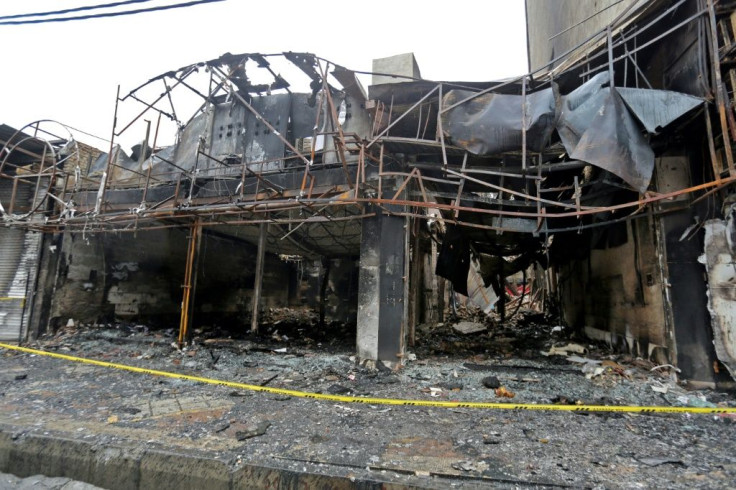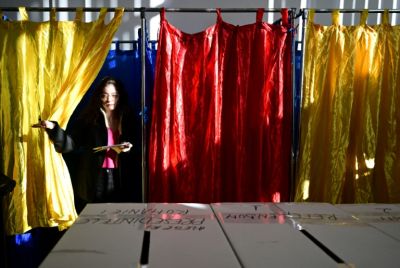US - Iran Relations Update: Treasury Sanctions Tehran's Information Minister For Internet Blackout

The U.S. Treasury Department Friday added Iran’s information minister to its sanctions list because of his role in cutting internet access for five days in the wake of deadly nationwide protests in major cities and at universities.
Thousands of Iranians have taken to the streets in largely peaceful demonstrations against the government’s decision to end fuel subsidies. The government cut internet access and access to social media platforms to prevent the protests from spreading further.
Treasury added Mohammad Javad Azari Jahromi, Iran’s minister of information and communications technology who previously served in Iran’s Ministry of Intelligence, “for his role in the Iranian regime’s widescale internet censorship.” The Information Ministry justified the blackout, saying national security concerns were involved.
“Iran’s leaders know that a free and open internet exposes their illegitimacy, so they seek to censor internet access to quell anti-regime protests,” Treasury Secretary Steven Mnuchin said in a press release.
Amnesty International reported this week at least 106 people – and possibly as many as 200 – have died in the protests that raged in the past week. Iran, which has acknowledged only a handful of deaths, said 1,000 protesters had been arrested.
The country’s decision to end fuel subsidies was expected to increase prices by half at a time when citizens are dealing with soaring inflation and stagnant wages. The move was blamed on U.S. sanctions that have strangled oil production. The World Bank predicted the country’s economy would contract 8.7% this year.
The internet blackout started Sunday. By Thursday, access had been partially restored as the government declared the protests over. However, there were indications the unrest continued with the Health Ministry ordering elective surgeries canceled as injured still were pouring into hospital emergency rooms.
Treasury said despite statements that he supports expanded internet access in Iran, Azari Jahromi repeatedly has justified increasingly restrictive measures, claiming the actions were necessary to thwart foreign threats. Other disruptions have been blamed on technical issues outside Iran.
Azari Jahromi was involved in surveillance operations during uprisings in 2009, as well, Treasury said.
© Copyright IBTimes 2024. All rights reserved.






















